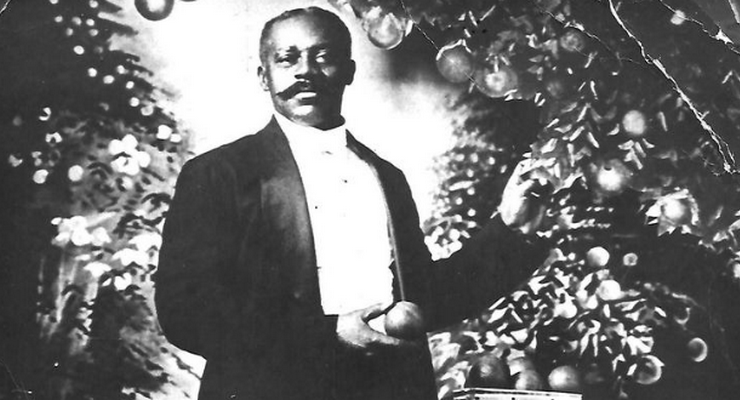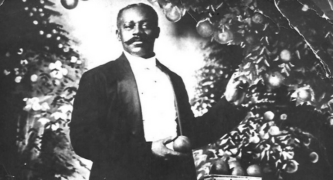
Pasadena, a city renowned for its rich history and diverse cultural tapestry, owes much of its early entrepreneurial spirit and civil rights advocacy to Seaborn Carr. Arriving in 1893 from the southern state of Georgia, Carr’s life journey would leave an indelible mark on the city’s landscape, both socially and economically.
The Journey Westward and Founding of Scott Methodist Episcopal Church
In 1893, Seaborn Carr’s arrival in Pasadena marked the beginning of an inspiring narrative that would contribute significantly to the local community. He became one of the founding members of the Scott Methodist Episcopal Church in 1903. This church, standing at the intersection of Orange Grove Boulevard and Rosemont Street, would serve as not just a place of worship, but a hub for community organizing, social change, and progress.
Pioneering Journalism and Entrepreneurship
Carr’s entrepreneurial spirit was further evident through his establishment of “The Enterprise” in 1902. This groundbreaking endeavor marked the birth of Pasadena’s first African-American newspaper. With this publication, Carr provided a platform for unheard voices and stories within the Black community, allowing them to reach wider audiences and shape local discourse.
Civil Rights Leader and Advocate
Beyond his entrepreneurial ventures, Carr was a prominent civil rights leader in early 20th-century Pasadena. As an active member of Scott Methodist Church, he played a pivotal role in organizing Union Day picnics, joyous celebrations commemorating the end of slavery. These events not only brought people together in unity but also highlighted the struggles and triumphs of the African-American community, fostering a sense of pride and resilience.
The Dual Life of Carr
While Carr’s daughter-in-law, Clara, recalled his work as a whitewasher and maintenance worker, these professions reflected the limitations that Black individuals faced in accessing meaningful employment opportunities during that era. Carr’s ability to adapt and contribute to his community through various means showcases his determination to improve the lives of those around him, even in the face of adversity.
Legacy and Impact
Seaborn Carr’s contributions went far beyond the pages of a newspaper or the walls of a church. His dedication to civil rights, entrepreneurship, and community building laid the foundation for future generations of Black entrepreneurs and advocates in Pasadena. His story reminds us that progress and equality are often achieved through determination, resilience, and a commitment to amplifying marginalized voices.


















